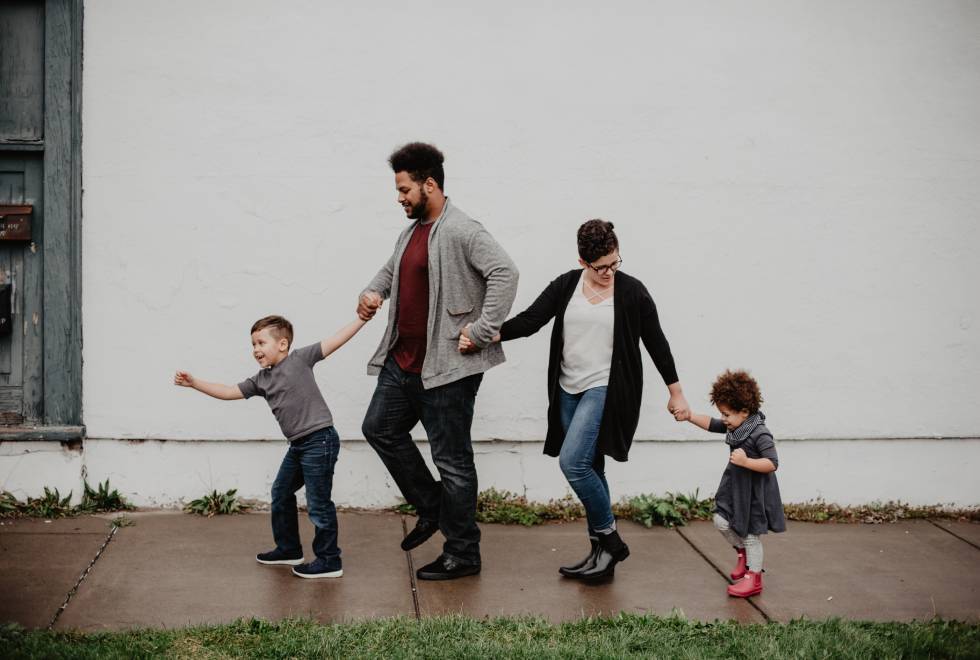
Fortunately, now many people started thinking about what it means to be a good parent. Just twenty-thirty years ago many people thought that to earn this proud title it is enough to clothe and feed your children, and now and then to check how they are doing at school. Nowadays, there are excesses in the other direction: mothers and fathers compete in who will enroll their child into more extra-curricular activities, whose child will start reading, counting, and speaking French earlier, it is necessary to feed #gluten-free and only healthy food, protect from the Internet and God-knows-what-else – otherwise you will not get the title of the best parent.
But do your children need this?
Real good parents are easily recognized by other qualities. So, here are the rules of good parenting:
- 1. Respect your child: their opinions, wishes, and feelings.
Yes, this is probably the first point. It may surprise you, but loving your child is much easier than respecting them. Loving is easy – you can always justify yourself by saying that love can be different: “I love as I can, and in general mom/dad knows best”. But respecting is hard. It is hard because you can love a dog, a cat, or a tree. But to respect, you need to recognize the child (of any age!) as a person! Children are small people. Just like adults, but small. With the same rights. With their own likes and dislikes, dreams that may be different, or even in conflict, with yours.
At a bus stop, a father is talking with his 9-year-old son. “And you – you are nobody, you get it? Nobody! When you will start earning money, then you will be someone! And now – you are empty space. Empty! You got it?” And he got it – you could see it in his eyes.
- 2. Be ready to understand what your child feels.
Empathy is an important quality. Even if parents think that at this point the child should be feeling something else, they need to try and accept the feelings that the child really has. Such parents can put themselves into the child’s shoes and understand his or her deepest emotions. And this creates a very good safety mechanism to prevent emotional outbursts towards their son or daughter during difficult moments.
Little Mariah is stomping her feet and wailing. It was her first time at Ikea’s children’s playroom, and she was amazed by how cool and fun it was. And now this is ending. Mariah still doesn’t have the experience of letting go of something pleasant, and therefore she cries bitterly. Her mom understands it and says with sympathy: “Yes, this is very sad that you need to leave when you were having so much fun, right? What did you like the most? The balls? Next time when we come here, you will dive right in, yes?” Mariah’s tears dry up and she shows how she will dive like a dolphin into the pool with balls. And here is another mother, who is dragging her boy and yelling at him that he is a loud asshole and spanking him…
Self-therapy can be an essential tool for personal growth and self-improvement.
Browse through our courses and see the positive changes they can bring to your life.
You are not sure where to begin?
- 3. Pay attention and show interest in the child’s emotional life.
It means that the parents care about what is going on there – in the child’s internal world. Friends: many things are happening there. Things that we, adults, may consider insignificant, have a very different scale from the child’s point of view.
Does it seem to you that the fact that Peter took away a toy car from Ali is something minor? How would you feel if your colleague Shawn took away your car and started driving it until he gets bored? Is your daughter crying because other girls didn’t include her in the game? For her, this is a big heartache. Empathize with her, do not tell her that this is not a big deal!
If your child is telling you something – it is important. If the child is not saying anything, but you can see that they are upset – let them know that you are there for them if they need you.
- 4. Respect the child’s boundaries.
The best contribution that parents can make towards the future relationship of children with society is to teach them to recognize their boundaries. You can do it only by setting an example. In other words, you will not be able to tell them about boundaries and at the same time enter their room without knocking, or check their phone, or break into their social network accounts. No. Proper boundaries can be created only if the child’s “no” is taken as a “no”. If you don’t hug or touch your children against their will, if it is OK for them not to kiss grandma if they don’t want to, etc. Then, when your children grow up, they will never be in a situation where they put up with a job that they hate (or a monster-boss, or an abusive partner), etc.
- 5. Be available.
Be available both emotionally and physically. The child needs to be certain that no matter what happens they can come to you and you will listen and help, and most importantly – will always be on their side.
This, probably, is the most important point.
Help us grow on Instagram 👇